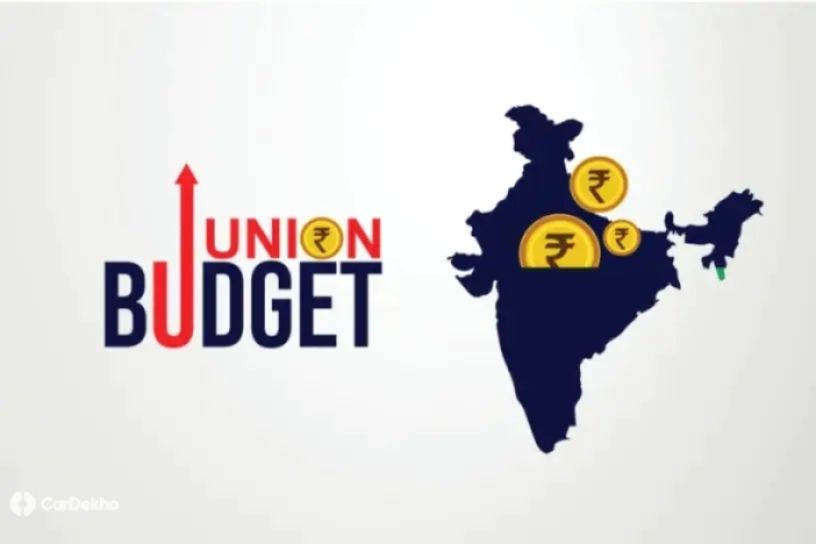Union Budget 2022: Government To Introduce Battery Swapping Policy
Modified On Feb 02, 2022 08:50 AM By Tarun
- 10.4K Views
- Write a comment
The battery swapping policy will make electric vehicles more affordable and accessible

Electric vehicles were a hot topic in the just-announced Budget 2022. While there’s no immediate relief, Finance Minister Nirmala Sitharam has confirmed the government’s focus on the EV segment.
For that, the government has announced the battery swapping policy, the introduction of zero-emission zones and other ramifications, when it comes to electric vehicles.
What Exactly Is This Battery Swapping Policy?

Battery swapping is a service where you can exchange your discharged battery for a fully charged one, a task that’s usually less time-consuming and more efficient. It will also require less infrastructure to operate, which will help the government as well.
The government will introduce its battery swapping policy for both four-wheelers and two-wheelers this year. Manufacturers need to equip their EVs with removable batteries, which can be easily taken out and replaced with.
In order to execute this, the manufacturers will have to make certain changes to the battery packaging. However, the overall process will be more efficient and will attract more customers. This also stands to make EVs more affordable as a battery won’t be termed as a purchase cost, but rather an operational cost.

FADA (Federation of Automobile Dealers Association) states, “There is a clear emphasis on creative, sustainable & innovative business models. Battery Swapping & Energy as a Service (EAAS) will surely help accelerate the transition towards Clean Mobility.”
Tata Motors has also commented, “Plans to create EV charging infrastructure including national policy for battery swapping which when combined with the already announced Automotive PLI scheme, furthers the agenda for green mobility. Tata Motors welcomes this balanced, thought-through budget.”
Introduction Of Zero Emission Zones

The government will also promote a shift to use of public transport in urban areas. For this, Zero Emission Zones (ZEZs),where only zero-emission vehicles are allowed, will be introduced across the country. This will facilitate more dependency on electric vehicles, both privately owned and public. Certain incentives are also expected to be offered in these zones.
As per FADA, “The development of special mobility zones for electric vehicles and promoting clean technology for public transport validate government commitment to E-mobility, which would boost confidence in the EV industry in terms of manufacturing, sales, and create a sense of assurance among customers.”
SIAM (Society Of Indian Automobile Manufacturers) commented, “We will work with the government for policy on green mobility, special mobility zones and battery swapping. We welcome the message on Ease of Doing Business and look forward to this being observed in spirit by all departments.”

Other Points
-
Budget 2022 further states that the National Highways network will be expanded by 25,000 kilometres in 2022-23.
-
Lastly, the ongoing worldwide semiconductor and chip shortage will be addressed and prioritized in India. This will reduce the soaring waiting period and regular price hikes of vehicles.
5 out of 5 found this helpful















